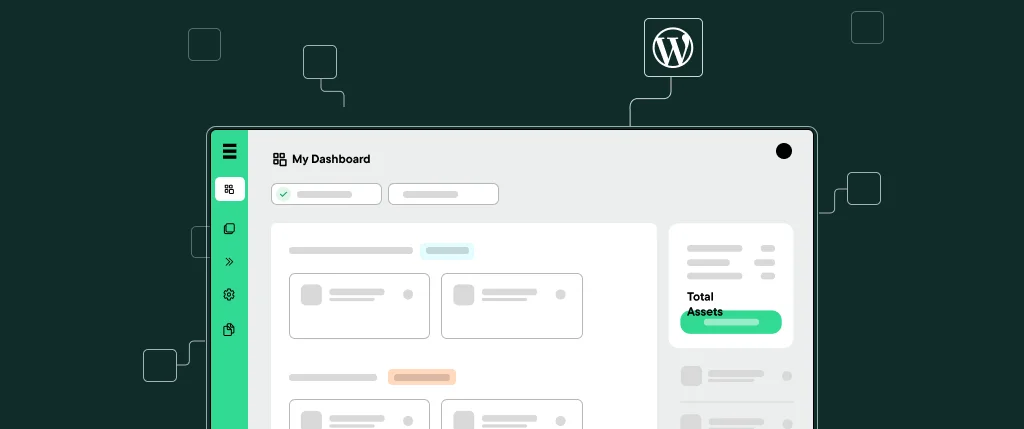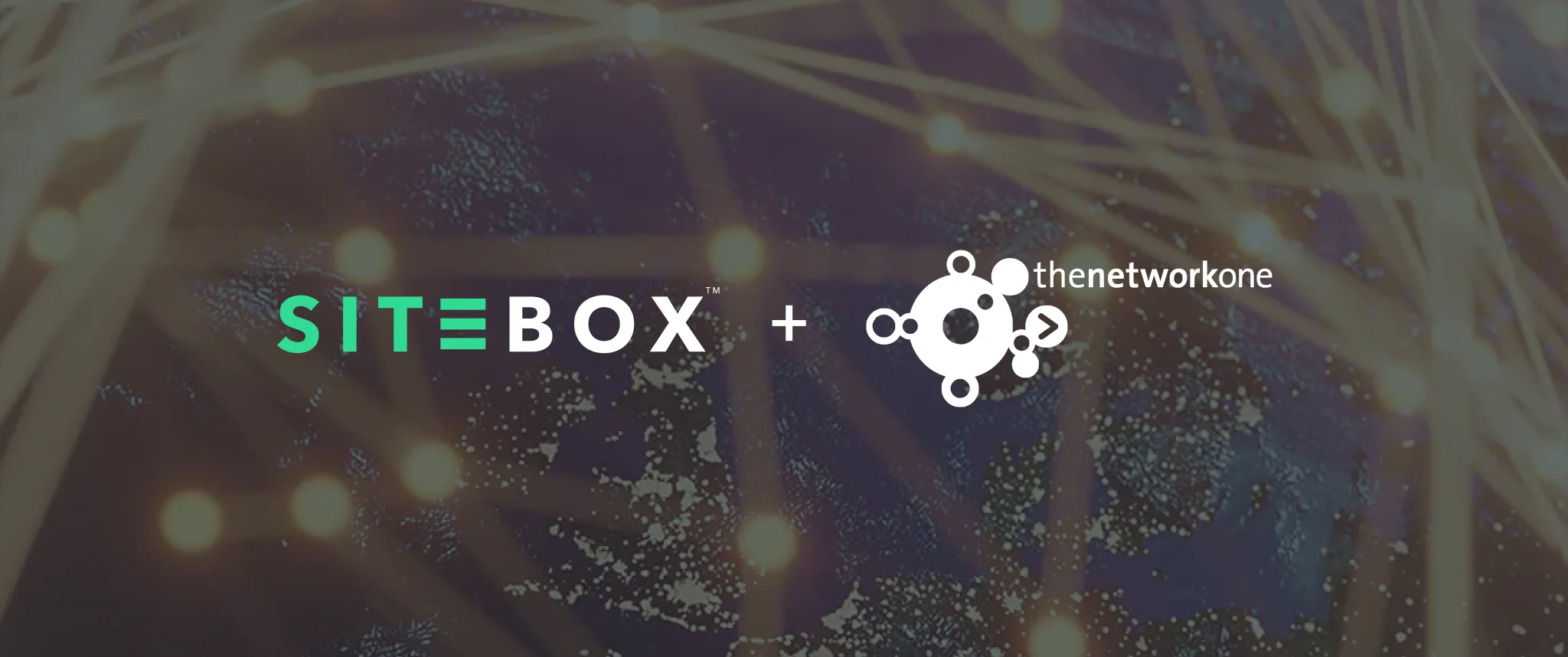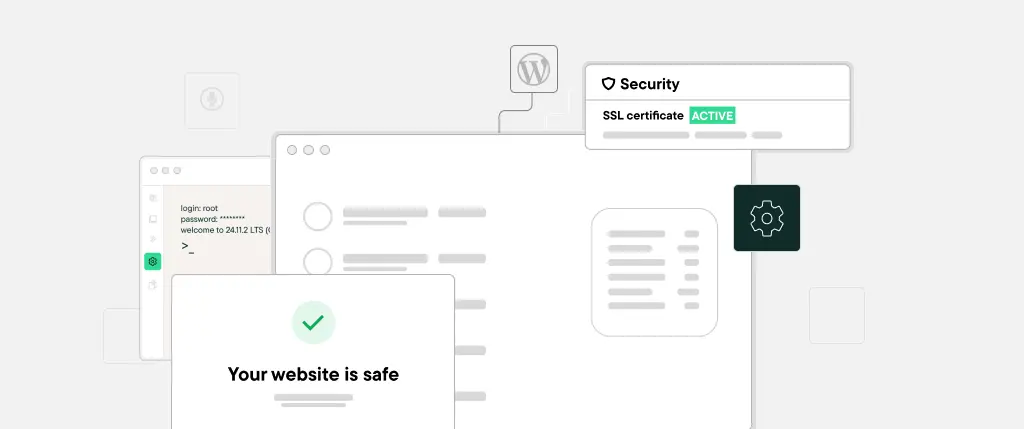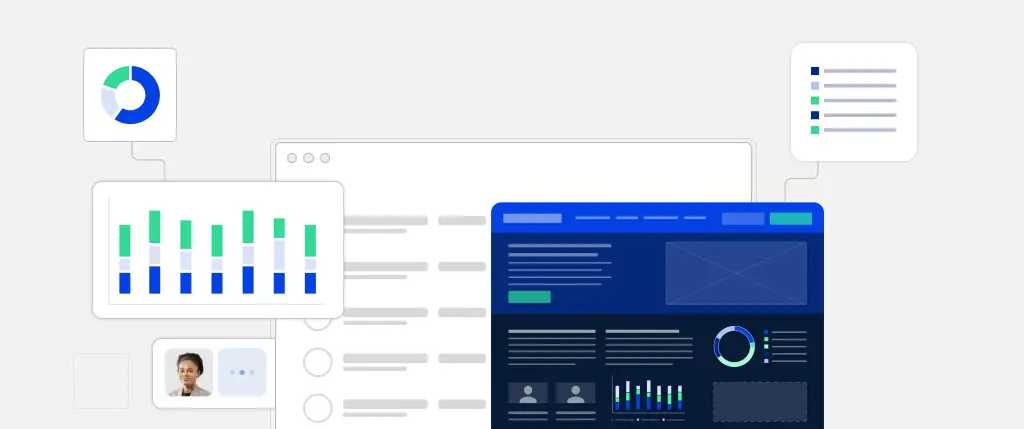Enterprises may be taking WordPress for granted.
When we think about website hosting and all of its components – not just a great front-facing content display with high user experience, but also a platform that is secure and sustainable – it’s easy to forget the complexity of the machine that works behind the scenes.
A perception remains that WordPress is not widely used for large-scale websites, but that could not be further from the case. Although mainly popular for boosting the web capabilities for small and medium sized businesses, enterprises should take advantage of the platform as some might be surprised to learn that some of the most popular websites in the world are powered by WordPress.
But not just that – we’ve looked into the facts to identify how trusted WordPress is by its users, and why it can also be used by businesses of all kinds.
Almost half of the internet is powered by it
The world wide web lives up to its moniker – it’s a sprawling network that requires a great website to stand out from the crowd. But despite how far-reaching the web can be, WordPress is responsible for nearly half of it; 42% of total websites are built on the platform.
This also includes some big hitters: 14.7% of the world’s top websites in fact. WordPress is a big deal.
It continues to grow
That’s only the start of the journey for WordPress-hosted sites too. Despite being founded as early as 2003, the company has seen a dramatic rise in success in the last decade. Since 2011, its year-or-year market growth has grown from 1% to 4%.
Even still, over 500 new websites are created on the platform every day.
The product itself is search-worthy
The statistics really do speak for themselves. Out of the top one million most trafficked websites in the world, more than a third rely on WordPress. That reaches a lot of eyes!
And if you’re wondering whether web users are more interested in the companies providing the content, rather than WordPress itself, again the platform is a popular search term for browsers. There are over 37 million searches recorded each month for WordPress on Google – the largest search engine on the planet with over 86% of the market share in the space. Impressive!
So why do they choose WordPress?
Frontend and backend access
WordPress offers great flexibility for all of its users. For one, it can securely add multiple users within a business – developers, UX designers, marketers, stakeholders – to manage the building out of a website or its resource centre. The backend capabilities are easy to use with pre-made components – free or paid templates – which can also be modified by developers to fit brand guidelines. A Headless CMS lets them take advantage of ‘raw content’ in the backend, which can also be scalable across multiple site instance using an API. The frontend appearance can be handled otherwise.
High performance and page speed
There is nothing more frustrating for a site user than slow loading speeds between pages. It is poor for business hosting too, as Google prioritises faster loading sites.
One way to curb slow loading is focusing on UX – a developer can make use of WordPress’ library of plug-ins to mitigate caching problems, while also easily staying on top of up-to-date CSS and Javascript, which can cause security problems as well as page speed if not managed correctly.
Utilising Headless WordPress can be a huge advantage for page speed, as the back end can be tweaked by expert developers to boost a website’s speedy UX capabilities. Some hosting platforms can severely kill page speed, so an architecture well maintained by knowledgeable developers is a must.
Security
On that subject, WordPress allows for advanced security measures – multiple levels of permission (including multi-factor authentication), data encryption, and automated backups to restore web-hosting inactivity. Business can rest assured their data and content is best protected against potential attacks or malfunctions.
Although there are many factors to creating a secure WordPress instance, hosting is a vital component which needs to be right, and kept up to date to make sure security is at its most optimal. Coupling this with the growing trend of Headless technology and hosting, makes WordPress – if used as part of a Headless solution – a formidably secure option.
For all these reasons, WordPress is more popular and capable for hosting an enterprise’s CMS than they think.
If you’d like to know more about an enterprise hosting framework, contact us to get a demo from our knowledgeable team at SiteBox.




